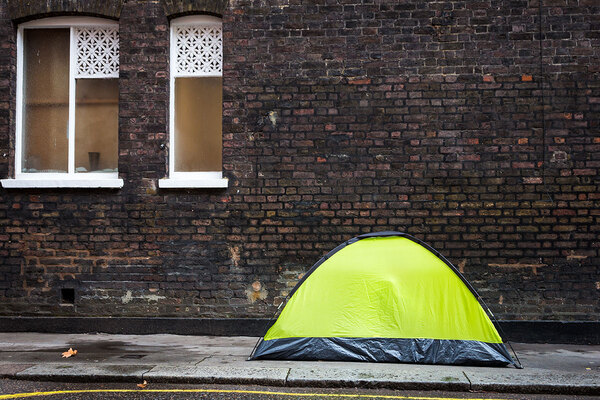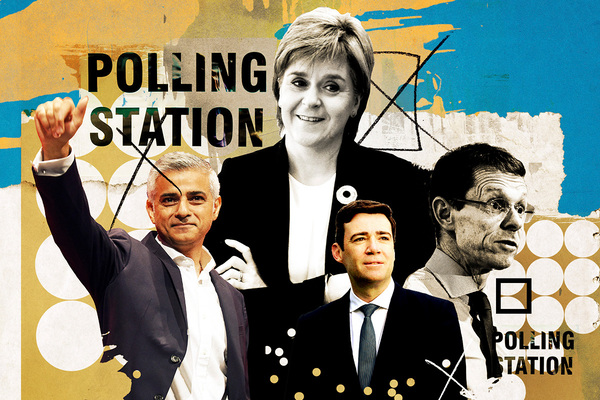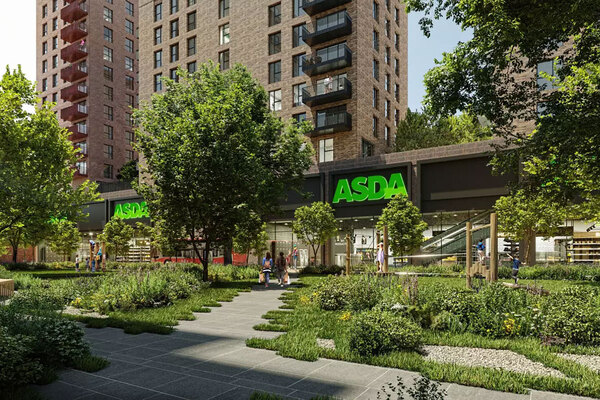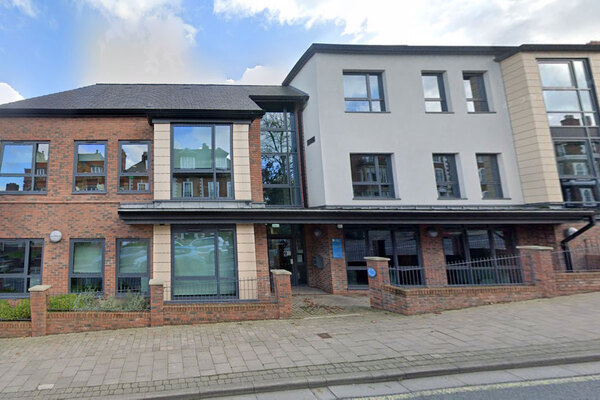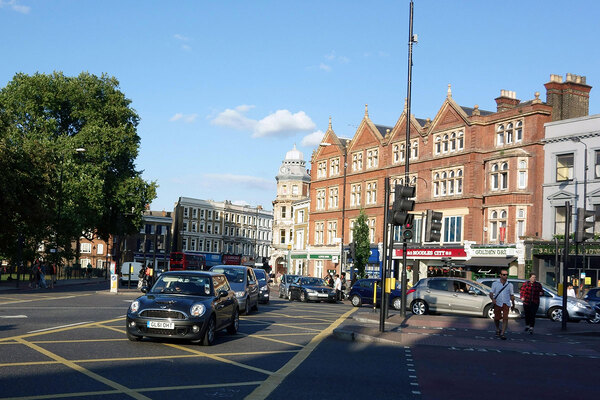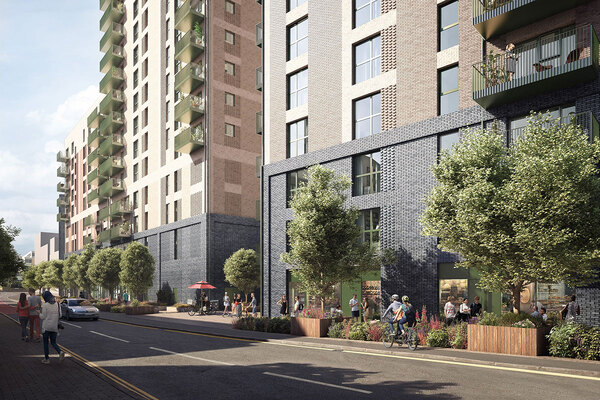You are viewing 1 of your 1 free articles

We need a change in the law so anyone made homeless in Wales can get support
Legal barriers still prevent many homeless people from accessing support in Wales. This must change, writes Karl Bresnan
I have worked with people who are homeless in South Wales for almost 10 years now and while I have seen a lot of progress over the past few years, in the past 12 months we have been able to help more people off the streets than ever before.
The biggest frustration of my job is coming up against barriers when trying to find someone a safe and secure home. Barriers that cut people off from support because they aren’t considered a priority or they haven’t been in the area long enough to qualify for help.
But the pandemic has meant that everyone experiencing homelessness in Wales, regardless of where they live or what their story is, has been able to get emergency accommodation in places such as B&Bs.
It has made a huge difference to many people’s lives. Rooms in B&Bs are not homes, but having some kind of stability, a door that locks, washing facilities and a bed can give people much-needed breathing space to deal with the pressures they are under and begin to move forward.
“Being homeless is still not enough to make you eligible for rehousing support from your local council”
Latest figures from the Welsh government show that in February there were 6,137 individuals in temporary accommodation in Wales – 72% higher than in August last year.
The problem is that this is only a temporary solution and there are still barriers that prevent us finding somewhere more permanent for many people experiencing homelessness in Wales.
A lot of progress has been made in ending and preventing homelessness since the Housing (Wales) Act 2014 came into force. But as it stands, being homeless is still not enough to make you eligible for rehousing support from your local council.
You need to prove you have a local connection to the area and you have not made yourself homeless ‘intentionally’. Even then, to have any chance of being supported into a home any time soon, you must be deemed a priority such as having children or a health need.
Since 2015, more than 9,000 people who went to their local council for help to end their homelessness were unable to access further support. This amounts to one in eight people who were homeless seeking help.
It is incredibly tough telling someone at one of the hardest points of their life that they cannot get help because of who they are, where they live or why they are homeless. It is not only unjust, it fails to recognise how people are forced into homelessness in the first place.
“Earning their trust back is very difficult, as they are pushed further away from support and are put at risk of exploitation”
Take the local connection: imagine you are constantly being harassed in your area, or even exploited financially or sexually. After being denied help, you feel that your only option left is a fresh start somewhere new, even if that means arriving with just the clothes on your back. No one would take that decision lightly. So when the council can only offer you a bus ticket back to the place you felt forced to leave, what are you going to do?
Likewise, if someone is renting a place, think what that situation would have to be for them to leave their home and take their chances on the street. They may be labelled ‘intentionally’ homeless, but the reality is they will have been forced into that position.
Many of the people we support have learning disabilities or mental health issues going back years, but for a multitude of reasons they do not have a diagnosis. With one, they can be identified as in priority need and be supported into a home. Without one, they can be left shifting between the streets, people’s sofas and shelters.
Being a survivor of domestic abuse does make you in priority need for housing support in Wales, but proving it can be very difficult and traumatising, with people often having to relive very painful experiences. One young woman my team supported was forced to leave her family home after feeling threatened by her mother. She was told by her council she was not in priority need because her mother did not hit her.
I have seen many people become upset and disillusioned at the system they feel has let them down. Earning their trust back is very difficult, as they are pushed further away from support and are put at risk of exploitation. Just knowing these barriers are in place can stop some people coming forward for support at all.
I spend so much time going back and forth with councils and other agencies, trying to prove people’s eligibility for homelessness support. It is so frustrating, because without these barriers both Crisis and the councils we work with would be able to use that time to support more people into homes.
It does not have to be this way. In the lead up to the election, Crisis is calling for all political parties to commit to building on the incredible work over the pandemic, which has seen thousands of people access support who would otherwise have been turned away.
Now we need to change the law, so no one facing homelessness in Wales is left out of the support they need to find a safe, secure and permanent home.
Karl Bresnan, housing coach, Crisis Skylight South Wales
